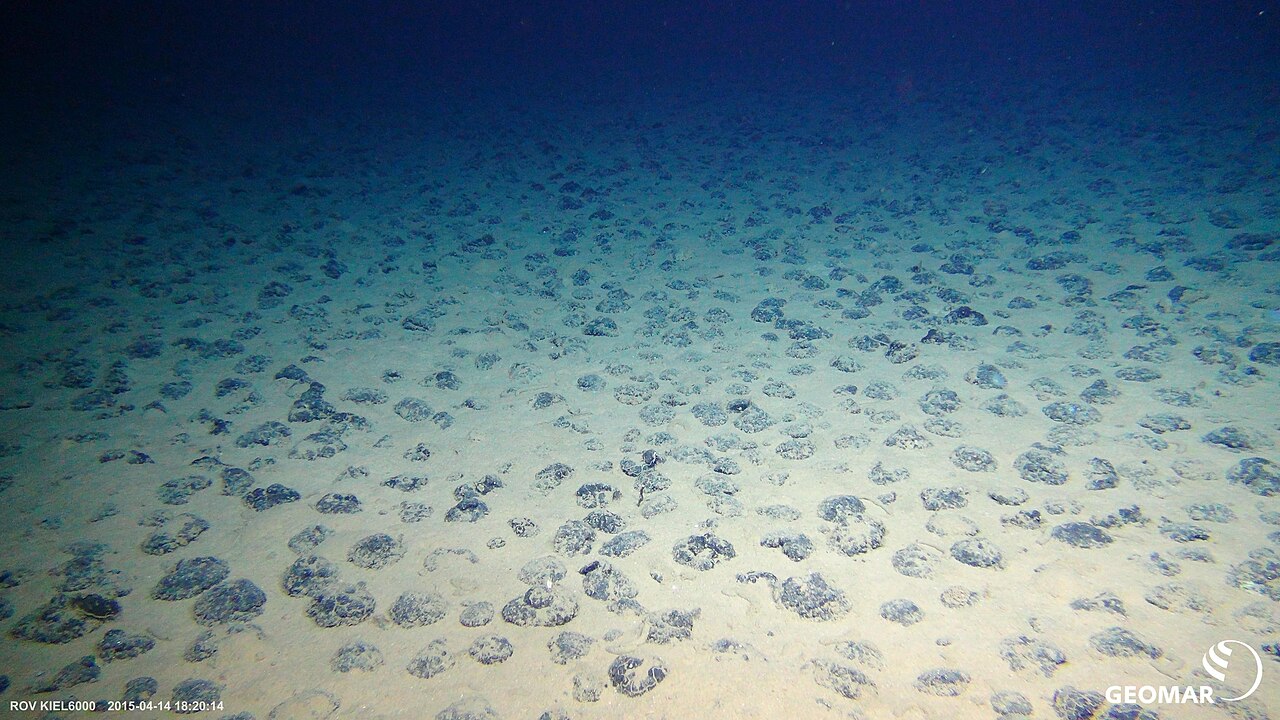Ocean Floor Bombshell: Trump's Seabed Mining Plan Sparks Environmental Apocalypse

In a controversial move that has sparked intense environmental debate, President Trump has issued an executive order aimed at expediting the permitting process for deep seabed mining in both U.S. and international waters. The directive has immediately drawn sharp criticism from environmental advocates and marine conservation experts.
The order seeks to streamline regulatory procedures, potentially opening up vast underwater territories to mineral extraction. Proponents argue that the move could unlock critical resources for emerging technologies and reduce dependence on foreign mineral supplies. However, environmental groups are sounding alarm bells about the potential ecological devastation such mining could cause to fragile marine ecosystems.
Critics argue that deep seabed mining poses significant risks to marine biodiversity, potentially destroying complex underwater habitats and disrupting delicate marine food chains. Marine scientists warn that the long-term environmental consequences could be catastrophic, with potential impacts far beyond the immediate mining areas.
The executive order represents a significant shift in maritime resource policy, potentially setting the stage for a new era of underwater resource exploration. As the debate intensifies, environmentalists, industry leaders, and policymakers continue to clash over the balance between economic opportunity and environmental preservation.
The coming months are expected to see intense legal and political battles as stakeholders challenge and defend this controversial directive, with the future of deep seabed mining hanging in the balance.
